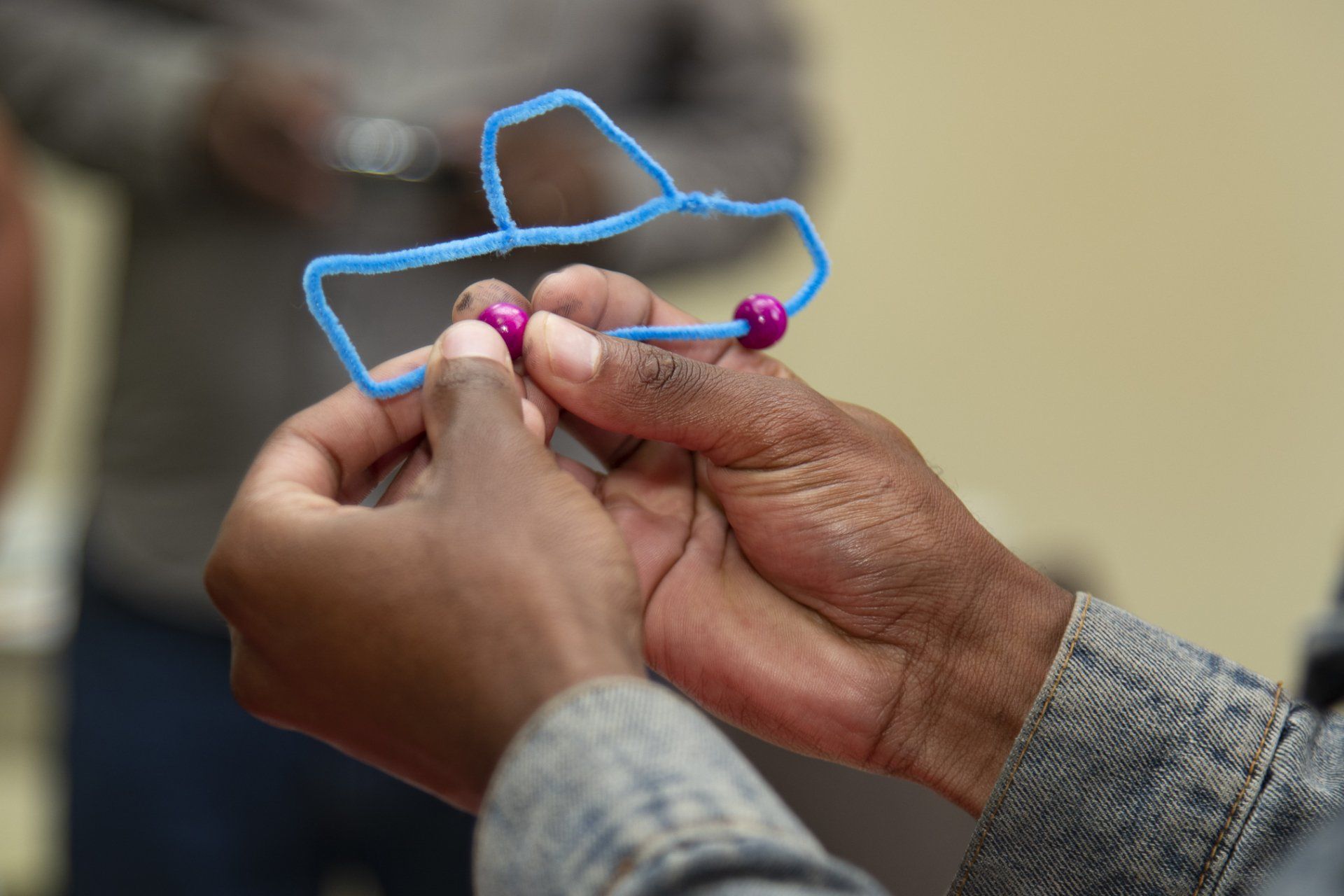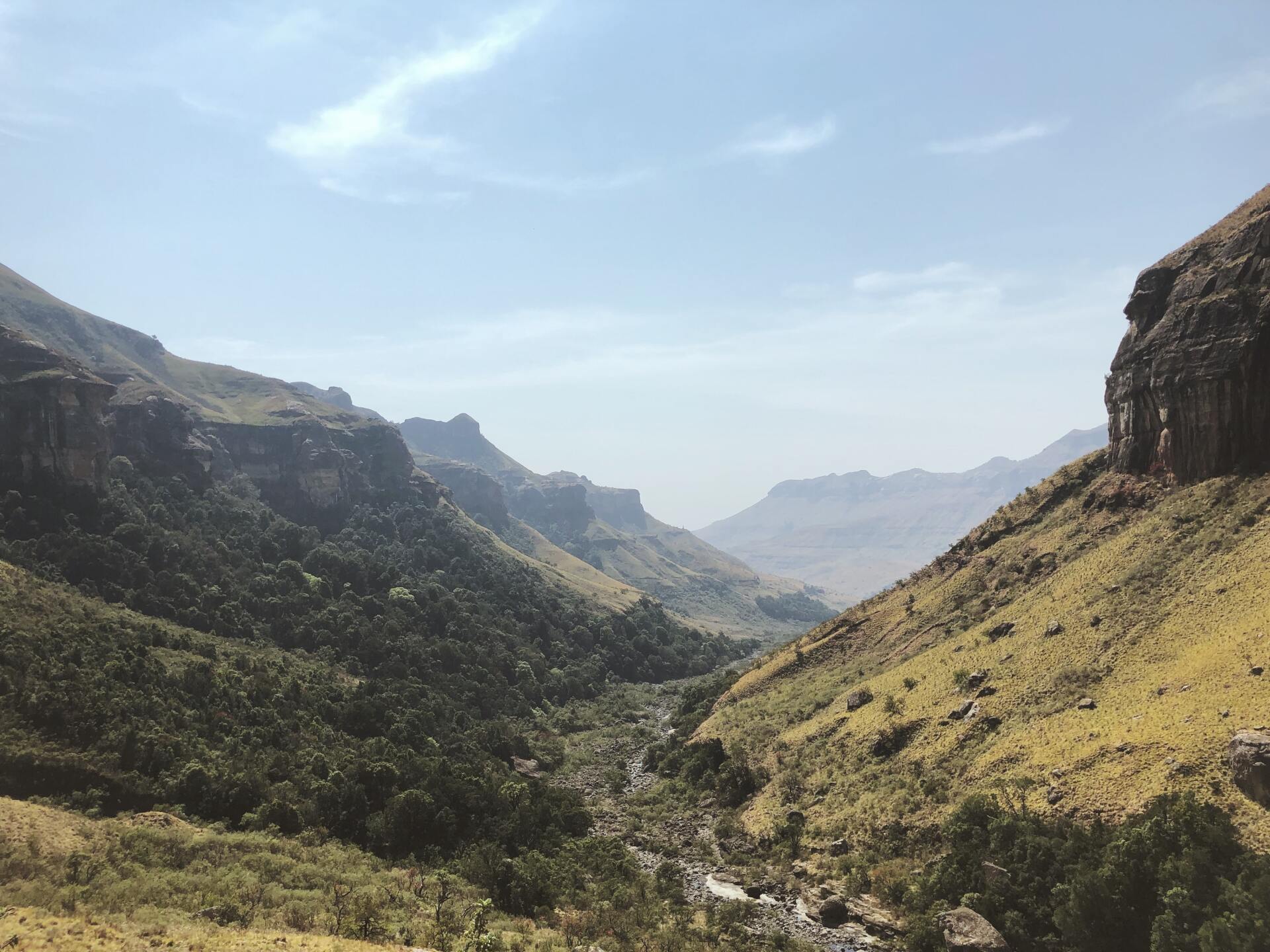Research
Focused On The Digital Divide
Since the onset of the COVID-19 pandemic in early 2020, technological adaptations and integrations have been critical in enabling the continuation of work, education, and communication. During this time, those without access to digital tools or stable internet connection have been further economically and socially isolated - reinforcing the notion of a digital divide: uneven access to, or distribution of Information and Communication Technologies (ICT) (SAIIA, 2020).
An article by the South African Institute of International Affairs (SAIIA), written in May 2020, outlines four factors influencing the digital divide during COVID-19 within Africa. These factors are:
Socio-economic status
A significant proportion of African communities cannot afford the right technology (ideally a laptop and smartphone); or do not have internet access (preferably high-speed). This lack creates challenges for individuals seeking to work from home. Similarly, millions of school and university students are dependent on technology to continue their studies, without which they would lag behind and risk failing.
Weak ICT Infrastructure
Establishing stable connectivity within isolated communities requires significant investment and adoption of policies. According to SAIIA, improving ICT infrastructure in Africa could act as a powerful economic and social driver. According to Internet World Stats, at the end of 2019 Africa had an internet penetration rate of 39.3%; the lowest figure among all continents.
South Africa has made some progress within this area. The two largest mobile operators, Vodacom and MTN, have cut their mobile data prices by up to 20%-50%. This was done not in response to COVID-19, but instead followed a two-year investigation by the country’s competition commission into the high mobile data costs which hampered access for many citizens. The timing, however, could not have been better for mobile internet users under lockdown. Admirably, both providers have also zero-rated many learning sites, meaning that they can be accessed for free. Additionally, Vodacom provides a zero-rated learning portal, with extensive free content for all school grades. Many fibre providers in the country also upgraded the speeds of the customers’ lines during the lockdown, although this will primarily benefit those in the higher socio-economic bracket.
Access to Information and Communication
Digital isolation during COVID-19 means losing touch with loved ones and not having access to important news and information. Bridging the digital divide, therefore also becomes essential for enabling social inclusion, which is invariably linked to health and safety and learning opportunities. As a caveat to enabling communication and sharing information, access needs to be accompanied by digital literacy and awareness campaigns to negate the circulation of disinformation and encourage responsible and
healthy internet usage for educational and entrepreneurial pursuits.
Internet Shutdowns
Internet shutdowns can be used as a political tool however this is not largely relevant within the South African context.
Effect on Education
The national state of disaster declared in South Africa due to the pandemic, severely affected the education sector, threatening the prospects of thousands of young people. Under lockdown restriction, most private schools moved immediately online. According to Stats SA, 83.5% of private school learners were able to continue learning with minimal disruption. For public schools, only 67,1% of learners could continue learning from home. Even with access to educational materials, 68,4% of these learners reported difficulty adapting to the online environment - largely inhibiting their ability to learn effectively and potentially compromising mental health. This emphasises the general lack of digital literacy among learners and educators. If digital literacy skills had been developed and nurtured prior to the Covid-19 pandemic, the move to an online learning environment would have been far more effortless.
“We have to build education streaming services; we need to be able to do live streaming and asynchronous content streaming for everything from geography and maths to music and choirs – not simply for a few pages of content online. We need to think about the transition of the nature of school. In the future, everyone in the transition from school to work will need digital skills, including basic software design skills – that is what connectivity means.” Dr Lucienne Abrahams, Director of Wits University Link Center.
UNICEF has reported on the digital gender divide amongst adolescents in Sub-Saharan Africa. Their key findings were that fewer girls than boys possess ICT skills. They showed associations with school attendance and ICT skills development - showing that the gender gap amongst school-goers is wider than that of non-school-goers. In other words, ICT skills are developed in attending school, but less so for girls. Their report also showed that girls benefit less from having a computer at home, which they attribute to gender norms, and parental restrictions. There is a concern for girls’ online safety and a fear that they will be exposed to ‘inappropriate’ content, and they are therefore discouraged from using the internet. In addition, girls may be socialized to believe that boys are naturally more suited to the ICT field and thus doubt their abilities.
Effect on Employment
From a webinar endorsed by the Institute of Information Technology Professionals South Africa (IITPSA), delegates discussed the harsh realities of COVID-19 on employment. They discussed that those with jobs prior to the onset of the pandemic, and with access to high-speed internet, have been able to continue working from home. Without stable connectivity, workers and job seekers are “at the mercy of chance and circumstance - a destiny divide” (Arthur Goldstruck, Managing Director of World Wide WorX). Those without the skills and resources to access cloud computing will have found themselves on the wrong side of the competitiveness divide.
With this landscape as the backdrop to the TVWS Project, the importance of supporting rural communities in leveraging improved internet access to address these challenges cannot be overstated. Enabling developed solutions to be environmentally conscious and sustainable will provide further impetus to regeneration within these communities.







